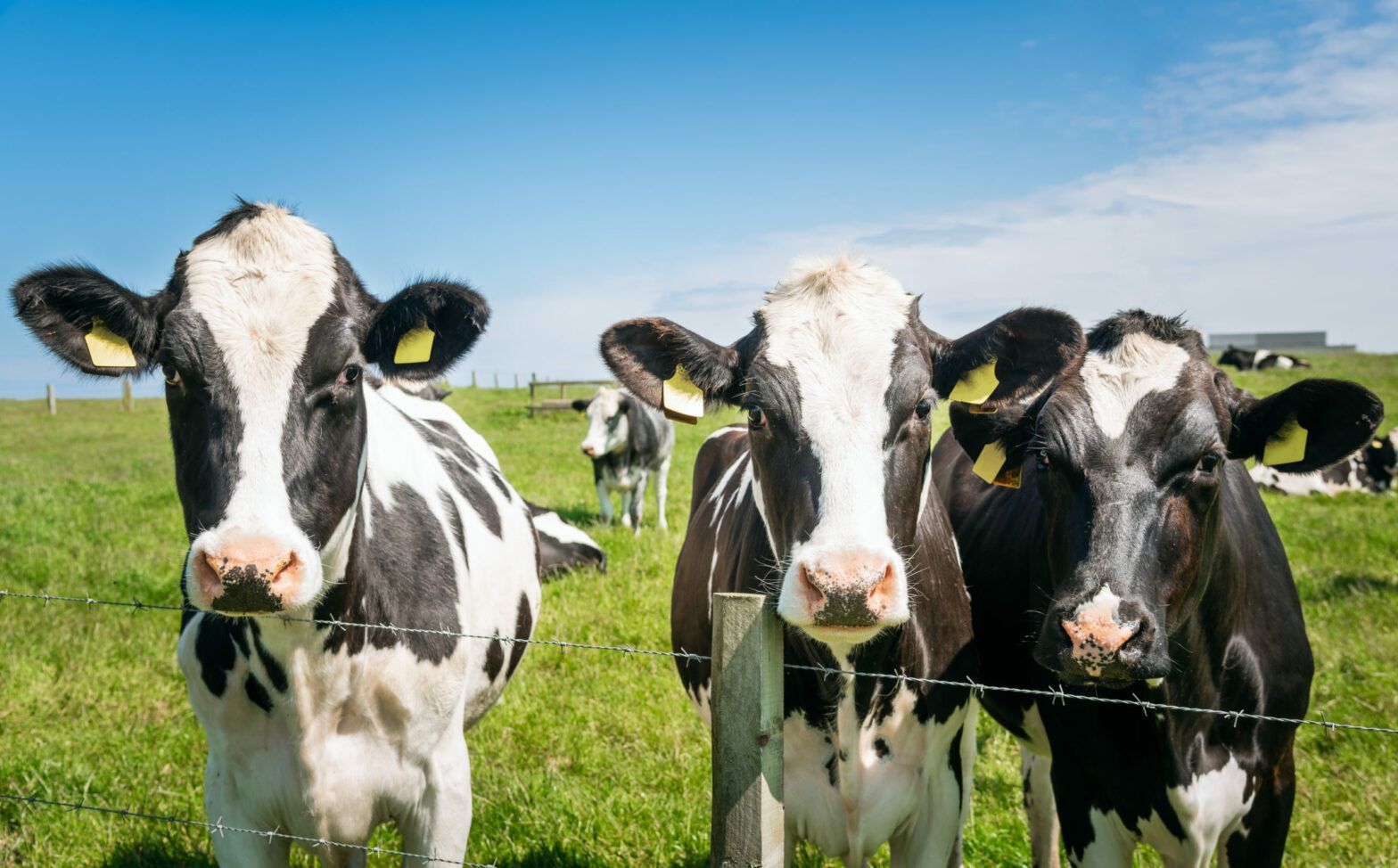Industry professionals have welcomed this week’s announcement in the UK of revamped farming schemes intended to protect the environment and tackle climate change post-Brexit.
The changes, unveiled by UK environment secretary George Eustice, will pay farmers for activities including developments in carbon capture, and restoring river bends and peatland.
“We welcome the emphasis on rewarding sustainable farming practices within the government’s new Environmental Land Management scheme,” said Sophie Lawrence, senior ethical, sustainable and impact researcher at Rathbone Greenbank Investments.
“This should incentivise activities that will promote biodiversity and good animal welfare, both issues we integrate into our assessment process of companies and which are of critical importance to our investors. We look forward to seeing more detail on how the existing basic payments scheme, currently in place under the EU Common Agricultural Policy would be phased out, to ensure that farmers will be given the necessary support to transition their business models.”
Agriculture accounts for 9% of the UK’s emissions, and has not seen a reduction in more than a decade.
“As we continue to decarbonise our energy system, the emissions from agriculture are set to grow as a proportion of overall emissions, highlighting the need to increase our focus on this area too,” said Randeep Somel, manager of the M&G Climate Solutions Fund.
“The agricultural system is also one of the major contributors to biodiversity loss, an equally pressing challenge, both locally and globally. We have an opportunity and responsibility to turn these challenges into solutions, which is why the UK government’s statement should be taken as a positive for our long-term climate and biodiversity goals.”
See also: – Are cows the new coal?
He added a big question will be how to ensure the policy is effectively implemented and what the implications for the UK’s food security, quality and sustainability will be.
“What might be the unintended consequences of the laudable intention to incentivise the protection of natural habitats over domestic food production: could this lead to lower sustainability and animal welfare standards from a shift to imported food? Could we end up importing meat farmed on deforested land or with weaker animal welfare protections? We need to monitor potential unintended consequences and push for further details to help us understand whether the new policies will achieve the sustainability goals they are designed to deliver.”
Amy Clarke, chief impact officer at Tribe Impact Capital, agreed the devil will be in the detail. She said: “We welcome any developments in agriculture that recognise the role farming plays in delivering the UK’s Net Zero 2050 pledge, regenerates our natural ecosystem and increases our farmers economic resilience. Although the inclusion of environmental payments goes some way to deliver part of this, there are still gaps in clarity as to how this will be achieved. We believe investors are, can and will play a part in this transition”.
Despite this, the announcement has been applauded as a step in the right direction, and for some looks to be the start of more sustainable agriculture practices. Rahul Bhushan, co-founder of Rize ETF, noted: “A particularly great challenge is the erosion of soil, which today is happening 100 times more quickly than it forms. Some research even indicates that we have lost more than one-third of the planet’s arable land already. Even more concerning, if the current rates of soil degradation continue, the remaining arable land could become unfarmable in the next 60 years. This is why it is vital to tackle the fall out from intensive farming practices as soon as possible.”
Ultimately, he said: “The announcement from the UK government is laudable because it’s never been more important to think of ways to turn land back to its natural state and encourage the recovery of biodiversity. Through a combination of government spending and the right kind of investment, we can achieve a truly sustainable food system on a cross-industry and worldwide scale.”








